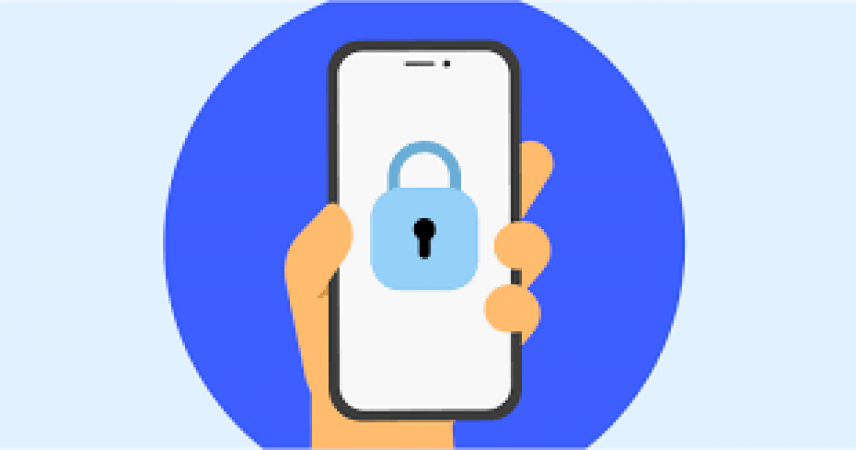
In today's digitally interconnected world, our smartphones have become essential extensions of our lives, containing a wealth of personal and sensitive information. However, with this convenience comes the risk of unauthorized access and surveillance. Phone hacking, or the unauthorized access of a mobile device, is a growing concern. Here are eight signs to look out for that may indicate your phone is being spied on.
If you notice your phone's battery draining rapidly, despite minimal usage, it could be a sign of spyware running in the background. Spy applications consume significant power as they operate stealthily, constantly collecting and transmitting data.
Spyware often requires an internet connection to transmit data to the hacker's server. Consequently, if you observe a sudden surge in your data usage, it might be indicative of spyware activity. Monitor your data usage regularly to identify any unusual spikes.
While on a call, if you hear unusual background noises such as static, clicking, or echoing, it could suggest that your phone is being tapped. These noises may occur when spyware interferes with the phone's microphone or if someone is eavesdropping on your conversations.
Unauthorized access to your personal data is a significant red flag. If you notice unfamiliar apps installed on your device or unauthorized changes to your settings, it could indicate that someone has gained access to your phone remotely. Check your app permissions and review your device's security settings regularly.
Phishing messages and emails are common tactics used by hackers to gain access to your device. If you receive unexpected messages containing links or attachments from unknown senders, exercise caution. Clicking on such links or downloading attachments could install spyware on your phone.
Spyware consumes a considerable amount of your phone's resources, which can lead to decreased performance. If you notice your phone lagging, freezing, or crashing frequently, it may be a sign of unauthorized software running in the background.
When your phone is in standby mode, it should remain relatively inactive. However, if you observe unusual behavior such as the screen turning on or off unexpectedly, or the device vibrating without any notifications, it could indicate spyware activity.
Spyware running in the background can cause your phone to generate excess heat. If your device feels unusually warm to the touch, especially when not in use or during simple tasks, it could be a sign of unauthorized software running stealthily.
Maintaining the security of your smartphone is crucial in safeguarding your personal information and privacy. Here are some proactive measures you can take to protect your device from hacking:
Regularly update your phone's operating system and applications to patch security vulnerabilities and protect against potential exploits.
Set up strong, unique passwords and utilize biometric authentication methods such as fingerprint or facial recognition to secure your device.
Install reputable antivirus software on your phone to detect and remove malicious software, including spyware and other forms of malware.
Avoid connecting to unsecured Wi-Fi networks in public places, as they can be prime targets for hackers to intercept your data.
Regularly review the permissions granted to installed applications and revoke access to unnecessary features or sensitive data.
Enable two-factor authentication whenever possible to add an extra layer of security to your accounts and prevent unauthorized access.
By remaining vigilant and implementing these security measures, you can help mitigate the risk of phone hacking and protect your privacy in an increasingly digital world. In conclusion, safeguarding your smartphone from hacking attempts is essential to protect your personal information and privacy. By staying alert to the signs of phone hacking and implementing proactive security measures, you can reduce the risk of unauthorized access and surveillance. Remember to regularly monitor your device for any suspicious activity and take prompt action to address potential security threats.
Rising Milk Prices in India: Know the Causes Behind the Hikes
What kind of diet should a cancer patient follow after chemotherapy, know what the experts say